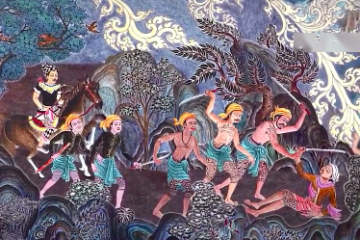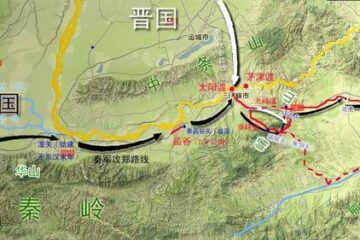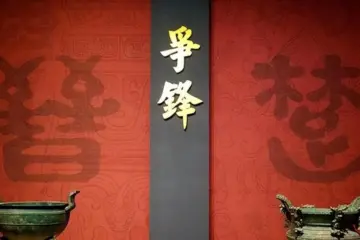During the Wanli era, when he was in his twenties, Wei Zhongxian boldly castrated himself with a knife.
For several decades after entering the palace, Wei Zhongxian remained an insignificant figure, arguably the lowest of the low. His most glorious position was being the head chef for Emperor Zhu Youjiao (Emperor Tianqi). During this time, Wei Zhongxian’s greatest pleasure was embezzling a considerable sum of silver each year, only to be tricked out of it by other eunuchs at the gambling den. This earned him the nickname “Wei Fool.”
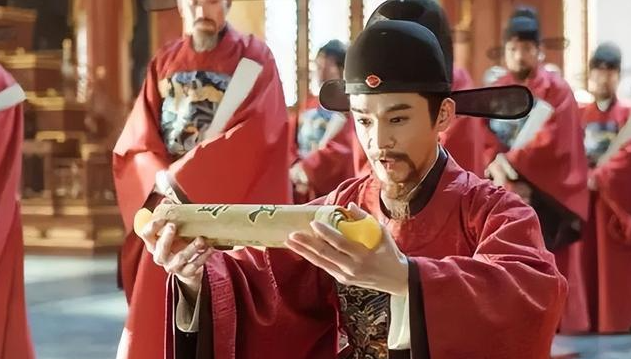
In the early years of the Tianqi reign, Wei Zhongxian took the initiative to approach the Donglin Party and even personally bribed the Minister of Personnel, Zhao Nanxing. However, the Donglin Party scorned him, and Zhao Nanxing not only sent him away when he came to offer bribes but also warned him publicly to behave.
The Donglin Party’s strategy for governing was to exhaust the emperor’s private funds, and they refrained from attacking the “official-business” groups. It’s worth noting that the emperor’s private treasury was effectively Wei Zhongxian’s money, and he would never allow the Donglin Party to spend his money without restrictions. On the other hand, for opportunists like Wei Zhongxian, the best way to accumulate wealth was to strike at the most powerful official-business groups, which happened to be the Donglin Party.
As Wei Zhongxian’s influence gradually grew, the tax structure of the Ming Empire suddenly shifted from land tax to commercial tax. In the fourth year of the Tianqi reign, the commercial tax surged from 3.22 million taels in the previous year to 5.48 million taels. The following year, it remained at 5.48 million taels. At the same time, the “miscellaneous silver” mainly targeting the industrial and commercial sectors increased from 600,000 taels in the third year of Tianqi to 2.2 million taels in the next year. In contrast, the land tax on small farmers remained relatively unchanged in those two years.
In just one year, nearly three million taels of silver were extracted solely from the industrial and commercial sectors. Such a tax burden was no less than the “mineral tax” imposed by Emperor Wanli in previous years. With the Donglin Party controlling the industrial and commercial sectors, how could they possibly choose to cooperate with Wei Zhongxian?
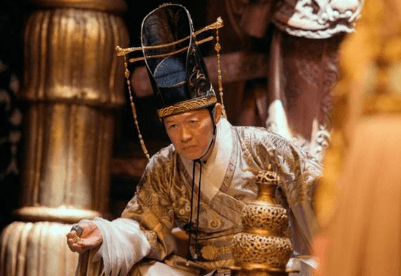
During a series of struggles, a large number of Donglin Party members were persecuted to death by Wei Zhongxian, who eventually transformed into the “Nine Thousand Years” figure. Subsequently, from the fifth to the seventh year of the Tianqi reign, an extremely absurd period of history unfolded: with the Donglin Party members being slaughtered, there was no one left in the Ming Empire to counter the eunuch faction’s power. As a result, the scope of the “Nine Thousand Years” business expanded massively. They engaged in everything from buying and selling cabinet members and high-ranking officials to extorting money from death-row prisoners in the prisons. They did anything as long as there was money involved, even going as far as stealing all the gold, silver, and jewels from the Nanjing treasury. Now, everyone should understand why Wei Zhongxian did not allow the Donglin Party to freely allocate funds anymore.
The eunuch faction members achieved high positions by bribing Wei Zhongxian and they robbed wealth without any sense of civilization or courtesy, unlike the Donglin Party, who had their own ethical principles.
In the fifth year of the Tianqi reign, key towns such as Liaoyang and Guangning outside Shanhaiguan were lost, leading to the downfall and imprisonment of the military strategist Xiong Tingbi in Liaodong. In order to amass wealth, Wei Zhongxian even falsely accused and executed Xiong Tingbi. Xiong Tingbi was the best military commander resisting the invasion of the Later Jin (Manchu). Initially, Wei Zhongxian demanded a bribe of fifty thousand taels of silver from Xiong Tingbi. Unfortunately, Xiong Tingbi didn’t have that much money. So, Wei Zhongxian slandered him, claiming he embezzled one hundred and seventy thousand taels of military funds and used it to bribe the Donglin Party. As a result, Xiong Tingbi was executed, and his head was displayed in the north as a warning. The “Six Gentlemen” of the Donglin Party were killed on the charges of bribery (some of which were falsely accused), and their families were all ruined.
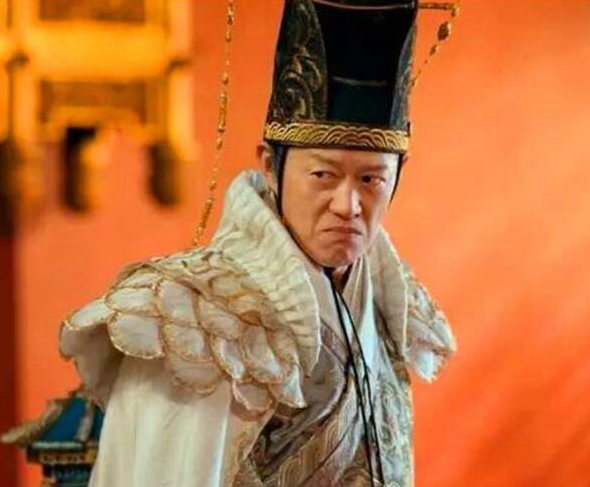
In the seventh year of the Tianqi reign, Emperor Zhu Youjiao, an emperor who was skilled in carpentry, passed away at a young age of only twenty-three, leaving no heir. Following the tradition of “brother succeeding brother,” Zhu Youjiao’s younger brother, Zhu Youjian, ascended the throne as the last emperor of the Ming Empire, Emperor Chongzhen.
In the first year of Emperor Chongzhen’s reign (1627), after ruling the empire for several months, Emperor Chongzhen, Zhu Youjian, decisively purged the party of Wei Zhongxian.
